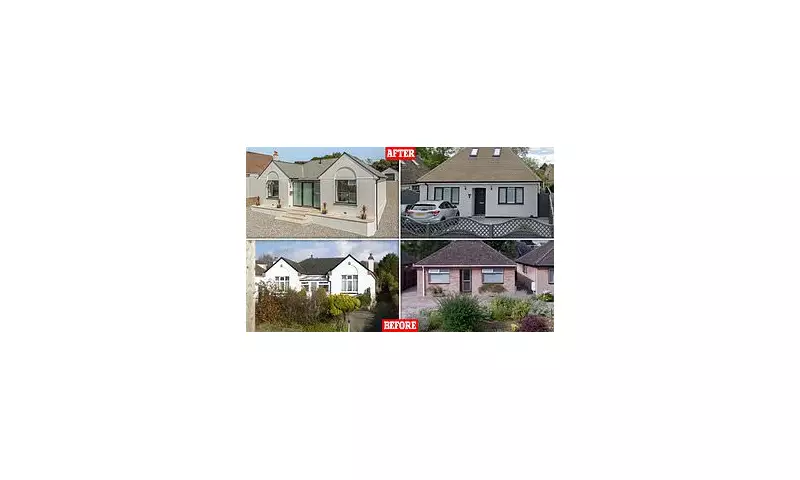
Homeowners seeking a low-maintenance garden solution are being warned that paving over their green spaces could have devastating financial consequences, potentially wiping tens of thousands of pounds off their property's value.
The £15,000 Mistake in Your Back Garden
Property expert Jonathan Rolande, from the National Association of Property Buyers, reveals that what many see as a convenient 'quick fix' transformation is actually one of the most damaging changes you can make to your home. Contrary to popular belief, replacing grass and plants with concrete or paving slabs can devalue a property by up to £15,000.
Why Pushing Paradise Costs You Pounds
The financial impact stems from several critical factors that today's environmentally-conscious buyers actively avoid:
- Loss of Natural Drainage: Paved surfaces contribute to flooding risks by preventing rainwater absorption
- Environmental Concerns: Buyers increasingly value green spaces for biodiversity and climate regulation
- Overheating Issues: Hard surfaces create 'urban heat islands' making gardens uncomfortably hot in summer
- Planning Permission Problems: Many councils require permission for extensive paving, especially without proper drainage
The Neighbourhood Nightmare
Beyond the financial hit, Rolande emphasises the social consequences. "You will also annoy your neighbours," he states bluntly. The increased risk of flooding to adjacent properties, the visual impact of a concrete jungle, and the loss of shared green aesthetics can create significant community tension.
Planning Permission Pitfalls
Since 2008, homeowners have needed planning permission to pave over more than five square meters of garden unless they use porous materials that allow water drainage. Many DIY enthusiasts overlook this crucial regulation, facing enforcement action and costly remediation work when trying to sell.
The Smart Alternatives to Full Paving
For those seeking lower maintenance solutions without the financial and legal headaches, experts recommend:
- Permeable Paving Systems: Specially designed materials that allow water drainage while providing solid surfaces
- Gravel Areas with Planting: Combining hard landscaping with green spaces for balance
- Decking with Gaps: Elevated wooden areas that allow water flow beneath
- Lawn Alternatives: Low-maintenance ground cover plants that require minimal care
The Future-Proof Garden
With climate change concerns growing and planning regulations tightening, the trend is firmly moving toward sustainable, green gardens. Properties that embrace biodiversity, natural drainage, and environmental responsibility are not only avoiding depreciation but are increasingly commanding premium prices from eco-conscious buyers.
Before reaching for the concrete mixer, homeowners should consider that sometimes the greenest solution is also the most valuable—in every sense of the word.





